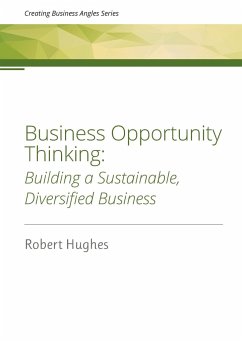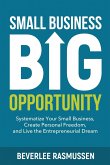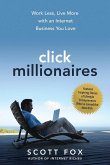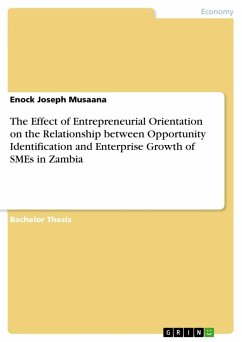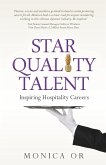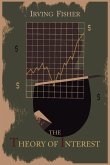To build a sustainable, diversified business requires continuous search for ways to parlay available scarce resources into new opportunities for profit. This book describes a framework to identify new business opportunities. Leveraging scarce resources into new business angles can increase profit, improve the sustainability of profits, and diversify the contributors of profit, and thereby increase business value. The scarce resources considered are core competencies, brand, and multisided platforms with positive cross-group effects. Business Opportunity Thinking: Building a Sustainable, Diversified Business explains the different discovery approaches that can be taken to uncover the kernel of an idea for a new opportunity that could form part of a strategic opportunity scanning exercise. Identifying new valuable business angles can be surprisingly difficult without the aid of frameworks to navigate. One reason for this difficulty is preconceptions and biases. Business Opportunity Thinking: Building a Sustainable, Diversified Business describes three discovery approaches through which to seed new ideas about opportunities. These discovery approaches are: · Declining cost economies approach focuses on use of core competencies and products to improve business value by increasing gross margins. · Path-dependency approach has its foundations in ways to parlay scarce resources by deploying positive customer behavioural feedback effects, in addition to gaining the benefits of declining cost economies. · Nexus of markets approach confronts the reality that organisations, scarce resources they create, and assets they possess have value and can be priced and there is uncertainty in the price. Development paths are not mutually exclusive. While some development paths may not be available or relevant to all organisations, each can provide opportunities to parlay existing scarce resources.
Hinweis: Dieser Artikel kann nur an eine deutsche Lieferadresse ausgeliefert werden.
Hinweis: Dieser Artikel kann nur an eine deutsche Lieferadresse ausgeliefert werden.

